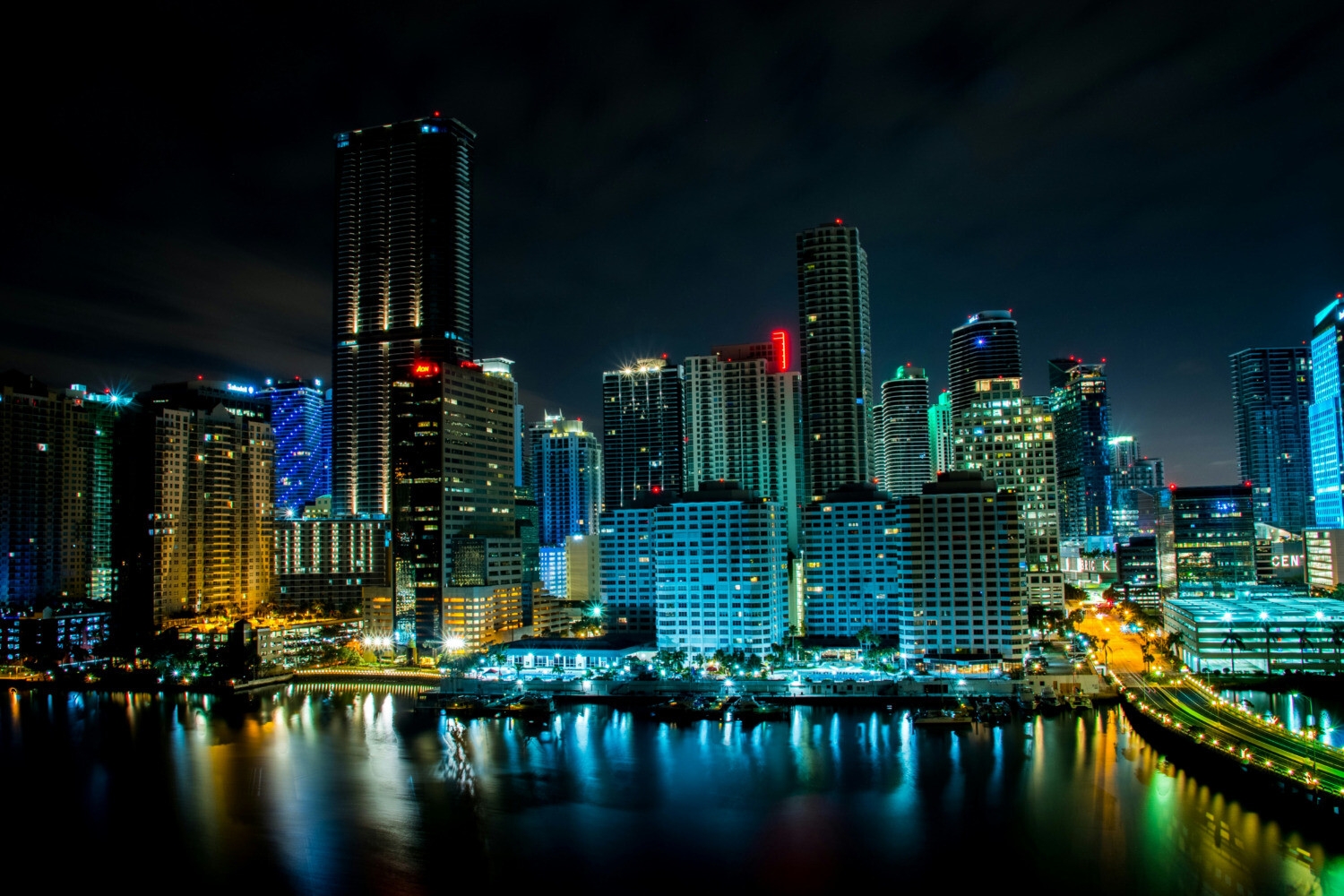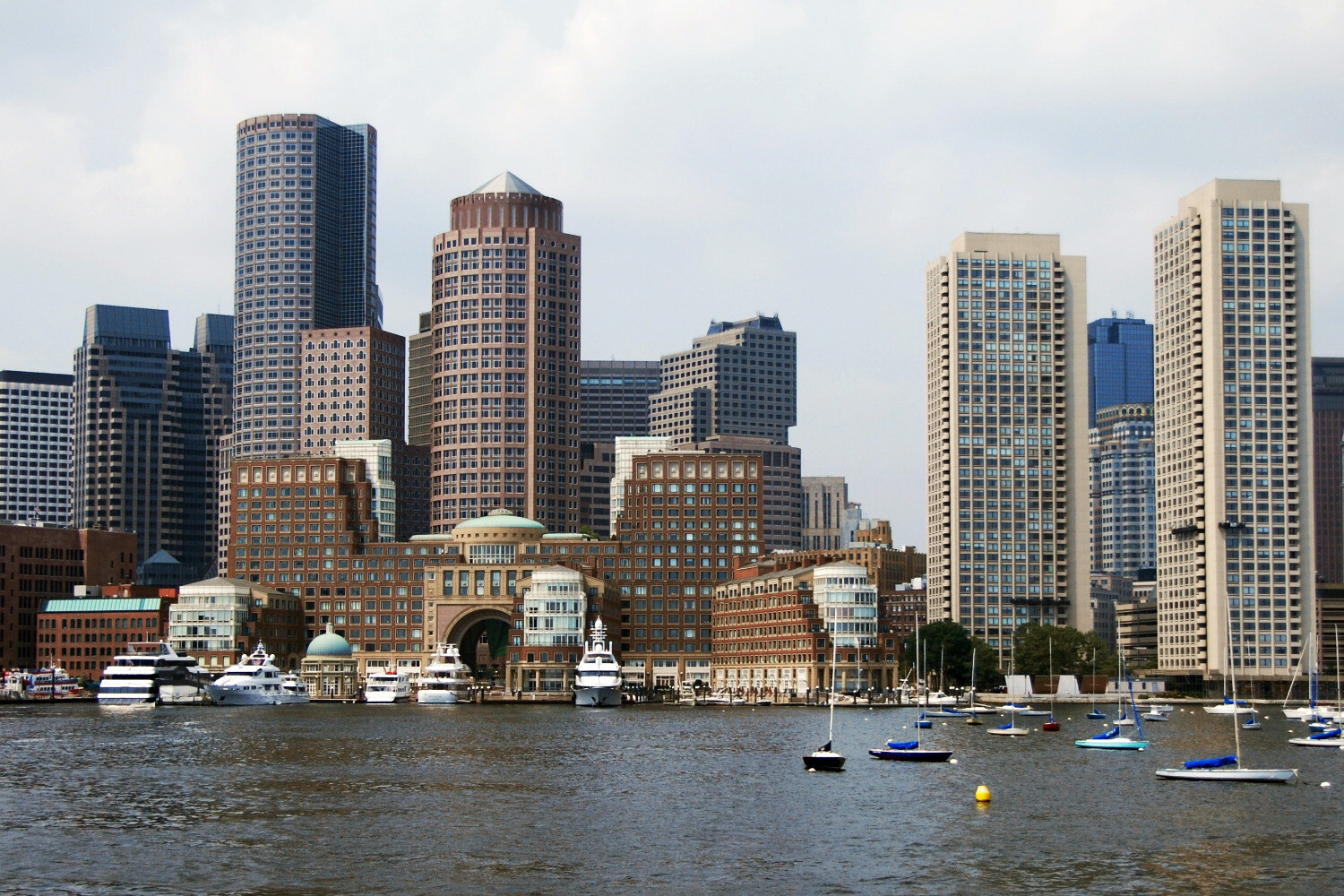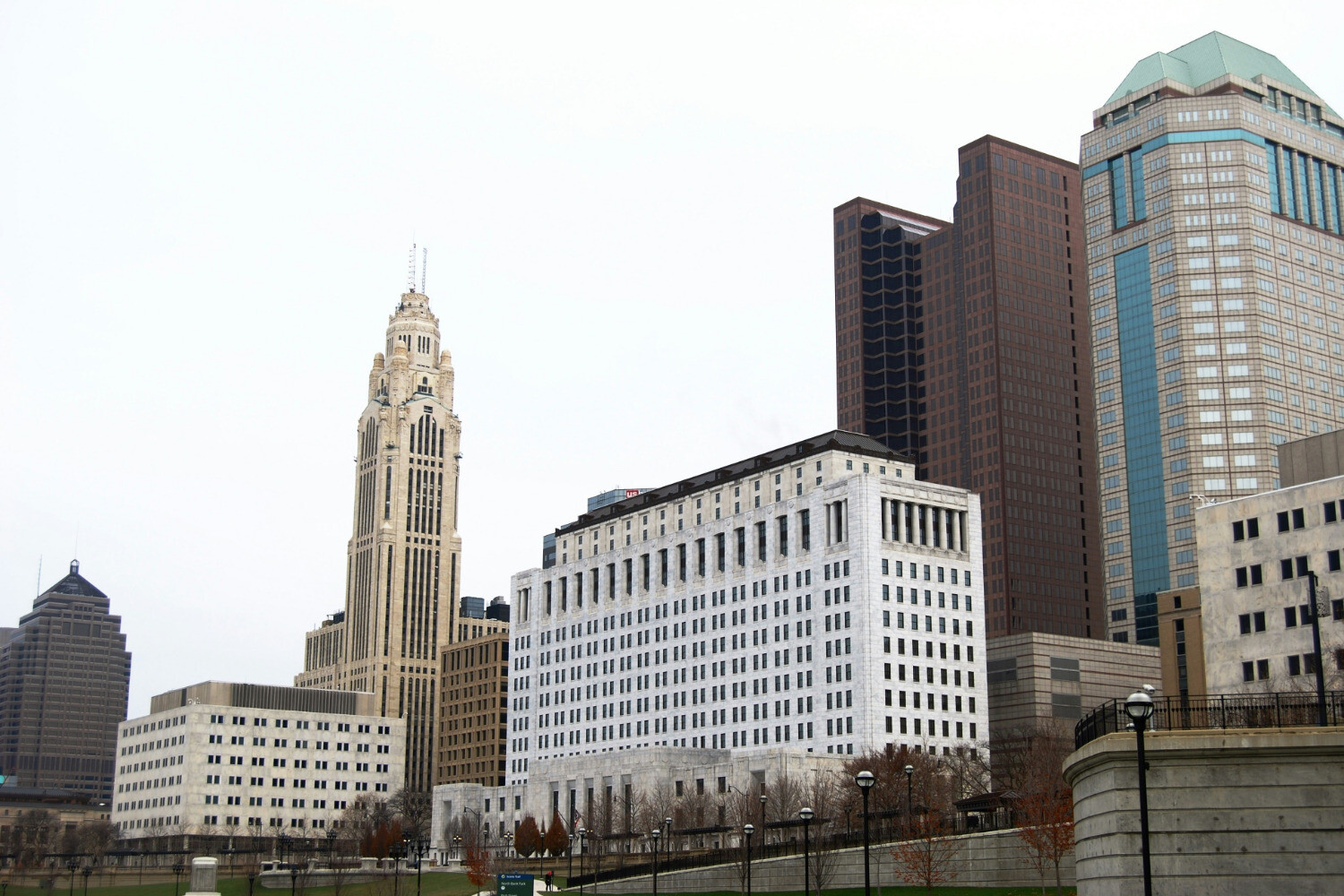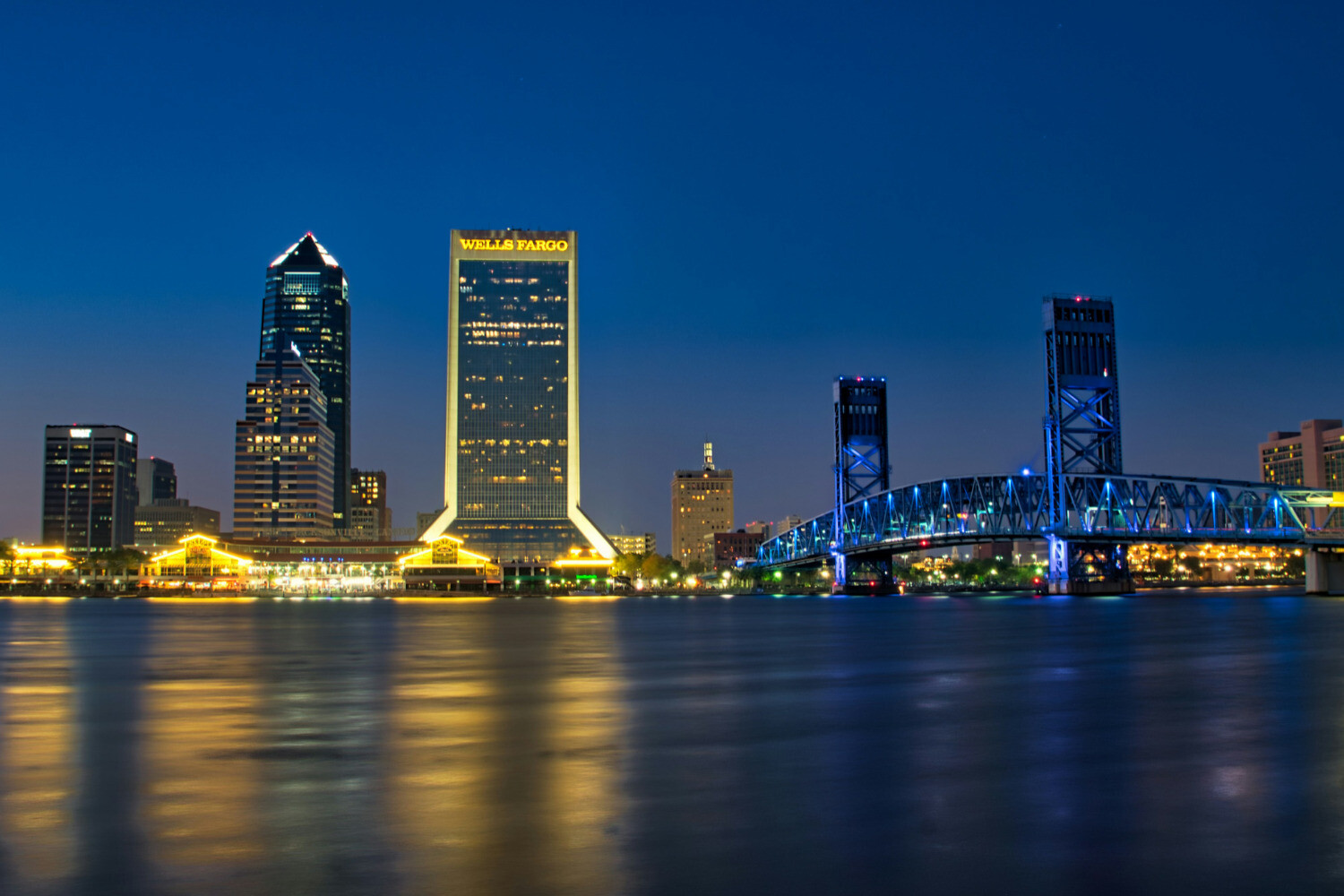How is Hotel Room Pricing Decided? + How to Get a Better Deal

Flights, hotels, ground transportation, meals…
Depending on where you’re going and how long you’re planning to stay, traveling can be expensive. And the longer each trip is, the more you can expect to spend on hotel rooms.
The more often you travel or book travel arrangements for others, the more valuable it is to understand why hotel room rates fluctuate.
At any hour of any given day, the same hotel room can be one rate on one site, another on a second website, and a completely different price on the hotel's page. This can be frustrating for frequent travelers and travel managers (especially those that book multiple trips throughout the year).
Ready to learn exactly why this happens?
Here’s our guide to how hotel room pricing is decided, along with how you can be sure you’re always getting the best deal.
Table of Contents
1. Why Are Some Hotel Rooms so Much More Expensive Than Others?
2. Key Factors That Cause Hotel Room Prices to Fluctuate
3. Online Booking Services Also Affect Rates
4. Should You Ever Book Directly Through the Hotel?
Why are Some Hotel Rooms so Much More Expensive Than Others?
As we all know, not all hotel rooms are created equal. Every room has different operational costs, so hoteliers use different pricing strategies to determine how much to charge each guest for each room.
Here are some of the key reasons why hotel room rates differ as much as they do.
Location
In the hotel business, location is everything.
Hotel rooms in major metropolitan areas that host a lot of travelers tend to be higher in price than those in small, rural areas that don't see much traffic.
Close proximity to airports, landmarks, and popular destinations can also increase hotel rates.
Star Category
Every hotel has a star rating. You’ll always pay more for a five-star hotel than you will for one with a two-star rating.
This goes hand-in-hand with location; you're more likely to see more four and five-star hotels in popular destination locations as opposed to tiny towns that rarely host out-of-towners.
Room Type
Whether you book a room in a two-star hotel or a five-star property, many hotels offer a variety of different room types and different views.
Rooms with coveted views or extra square footage cost more. Suites cost more than rooms with one king bed, which cost more than single rooms with a full-size bed or a double room with two twins.
Amenities and Additional Services
Things like high-end bedding and luxury bathrooms can increase room rates, as can additional services such as complimentary dry cleaning services and 24-hour in-room dining options.
Discover: 7 Underused Hotel Services and Amenities (and How to Find Hotels That Offer Them)
Key Factors That Cause Hotel Room Prices to Fluctuate

It’s easy to understand how room size, star rating, amenities, and location can affect hotel room pricing.
But have you ever wondered why the exact same room could cost different rates depending on when you visit or where you book your reservation?
Seasonality, supply and demand, and the length of your stay are some main reasons why.
Seasonality
Seasonality plays a significant role in why the same hotel room can cost one price one day and a much higher rate on another. When a location is “in season” you’re likely to see hotel pricing soar. When a location is in its “off season,” hotel rates tend to be cheaper.
For business travelers who often have to visit locations in their off season, this can mean big savings.
Vacationers with flexible schedules can also take advantage of off-season pricing by choosing to travel when the weather isn’t ideal and avoiding hotels on busy holiday weekends.
Weather Can Affect Hotel Prices
Hotel managers look at their historical data from previous years in order to determine how much to charge per night. And when they see, year after year, that certain weather patterns cause bookings to be lower or higher than usual, they adjust their rates accordingly.
For example, hotel rooms in Miami go for different rates depending on the time of year, and the prices are often based on weather. January in Miami is a fabulous escape for people living in cold climates. In contrast, Miami's sweltering heat and humidity in July and August make the summer months a far less pleasant time to visit.
Cities that have notoriously bad weather in certain months often charge lower rates when historical data indicates that bookings tend to be lower in those months.
Unexpected bad weather can also cause last-minute cancellations. This forces hotels to reduce rates to try to entice local guests to stay for a night or two. If you're looking to book an impromptu getaway on a weekend when the weather is a threat, you can get great last-minute deals on hotels — even if you're in what's considered a "good weather" month for that location.
Holidays and Events Help to Determine Hotel Rates
For a hotel to be successful and profitable, it must generate as much room revenue as possible per night. It's common to see different rates for the same hotel room on holidays vs. non-holidays.
Do you know why?
It’s because certain locations are major destinations for specific holidays and celebrations.
Traveling to New York City on New Year’s Eve?
No matter what part of the city you plan to stay in, you can expect to pay more on NYE than if you booked the same room at the same hotel on a random Tuesday in April.
Hoping to spend next July 4th weekend in Philadelphia?
Depending on how far in advance you book, hotel rooms in this historic city often cost more on Independence Day than on New Year’s Eve.
Taking the family on a Disney trip to Orlando during the Christmas vacation?
Christmas week is one of the busiest at Disneyworld. Busy times usually mean higher room rates (as well as bigger crowds, longer lines, and more expensive park passes).
Heading to New Orleans to celebrate Mardi Gras?
More than a million partygoers descend on New Orleans each February-March to celebrate Fat Tuesday. When that many people are looking for hotel rooms, room rates go up.
These are just a few of the many holidays and annual festivities during which hotels create price hikes. From the Super Bowl to the Sundance Film Festival, hotels increase prices when they can — and they can when they know there will be a greater demand.
Supply and Demand
Almost every type of business on the planet sets its prices and rates based on supply and demand, and the hotel industry is no different. When the need for rooms is high and the availability of rooms is low, room rates go up.
Hotels have a limited number of rooms that they can “sell” each night. And when the expected occupancy rates are higher than usual, they can afford to price those rooms at higher rates. This is extremely common when there’s a holiday or when a town is hosting a major sporting event or a big convention.
But something as simple as the day of the week can also affect rates.
Look on any hotel website, and you'll likely pay more to stay on a Saturday night than on a Tuesday or a Wednesday. Most hotels see more travelers and book more rooms over the weekend than during the week. This is great for weekday business travelers but not so great for weekend vacationers.
If you plan to check in at a hotel during a holiday or a special local event, be sure to book your hotel room as far in advance as possible. When rooms are in high demand, they can book up quickly, and as the supply of rooms dwindles, pricing for remaining rooms can increase even more.
How Long You Intend to Stay
Your length of stay can also affect how much you pay for a hotel room.
Every hotelier has a hotel room pricing strategy designed to increase occupancy rates whenever possible. Having as many rooms booked as possible is the key to success in the hotel business, so some hotels offer discounted rates if you stay longer.
Some hotels also offer lower rates for travelers that belong to their rewards and/or loyalty programs. Hotel loyalty programs often offer travelers perks, such as discounted car rentals and discounted meals, as well as lower nightly rates.
Why?
Because they hope that the more rewards points you rack up, the more likely you’ll be to book a future stay at their hotel or hotel chain.
Searching for the best group hotel booking rates? Check out these 6 Industry-Insider Tips
Online Booking Services Also Affect Rates
With the amount of online booking options out there, how can you ensure you have the best possible price for your stay?
Hotel Engine, which caters to business travelers and works closely with travel managers and coordinators, has partnerships with over 700,000 hotels around the globe. It’s completely free to use, and there are no fees to sign-up or become a member. Just set up an account, and in a matter of minutes, you can book multiple hotel rooms, track hotel reservations, and manage your billing all in one place at a discounted rate.
Hotel Engine members save big on lodging. And because members always pay discounted prices, the more you travel, the more you save.
Hotel Engine partners include popular national chains as well as global hotel groups. Wyndham, Radisson, Hilton, and IHG are just a few of the hotel chains where you can book great rooms at the lowest possible rates. In addition to saving on every hotel room you reserve, you can also earn rewards points which you can use to save even more on future stays.
You may also like: 5 Ways to Take the Stress Out of Managing Hotel Bookings
Should You Ever Book Directly Through the Hotel?
Hotel Engine never charges booking fees, but some third-party sites do.
Third-party booking sites may sometimes appear to have the best prices. Yet, your total (once those fees and taxes hit) can end up being higher than if you had booked the room directly through the hotel.
Be on the lookout for fees when you go to check out on your reservation.
For vacation travel, direct bookings can come with added perks.
Depending on where you’re headed and how long you’re planning to stay, you may be able to:
- Purchase money-saving amenities packages
- Upgrade your room with loyalty points
- Enjoy free or discounted parking
Already signed up on Hotel Engine’s platform and ready to save on corporate lodging? Read: 6 Tips for Getting Your Employees Onboarded with Hotel Engine
Conclusion
Hotels must have revenue management strategies in place in order to be successful in the hospitality industry. And that means raising hotel room rates when possible and lowering them when need be.
For people who only travel on occasion, this often leads to paying higher room rates at certain hotels during specific times of the year.
But for frequent business travelers, better deals are always available — especially if you have a partner like Hotel Engine on your side.
For more information on how you can save money on business travel and make sure you’re getting the best rates, sign up for free today!
See Hotel Engine in action
[elementor-template id="23313"]









